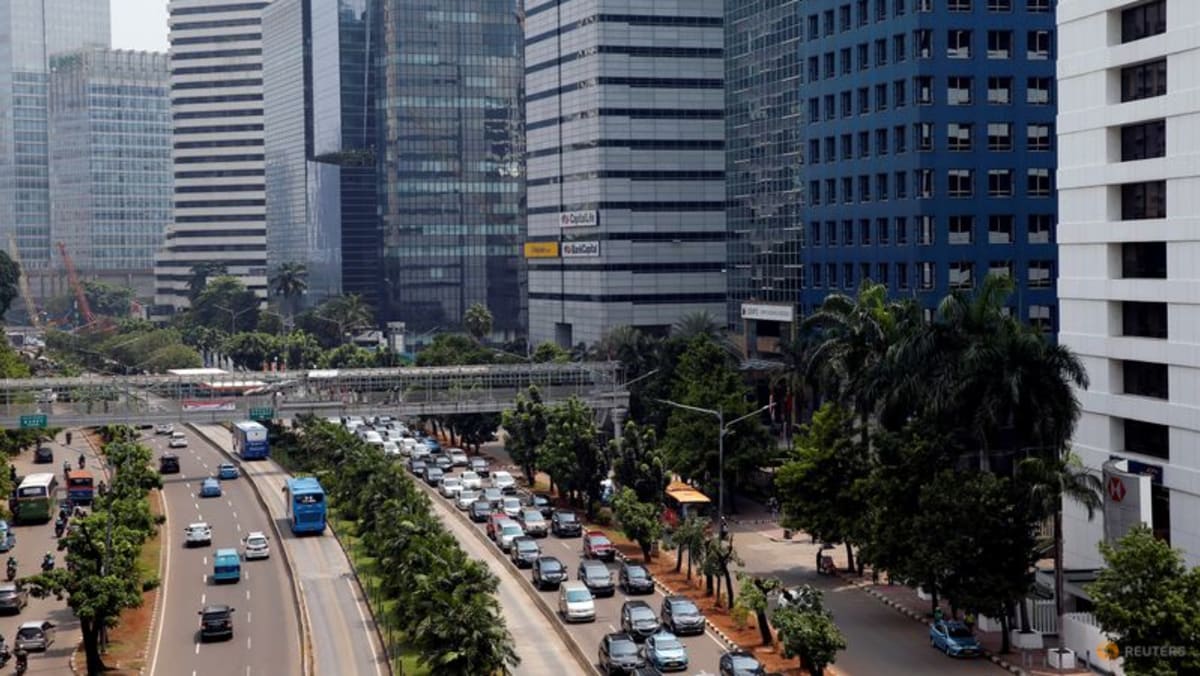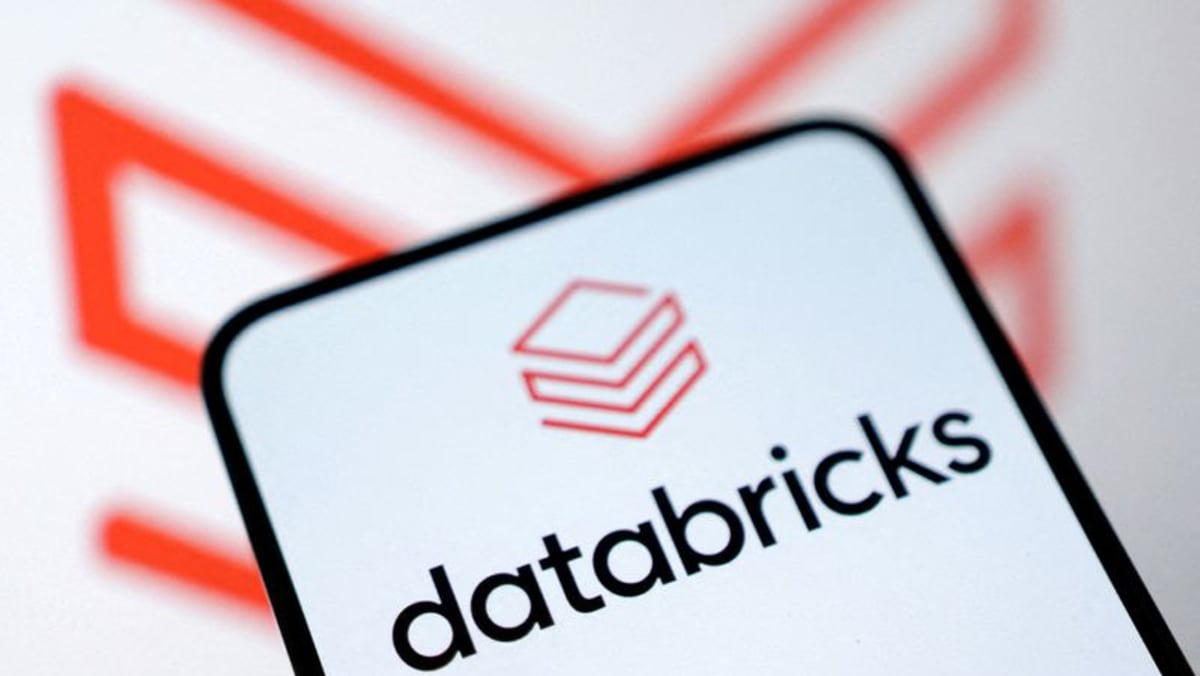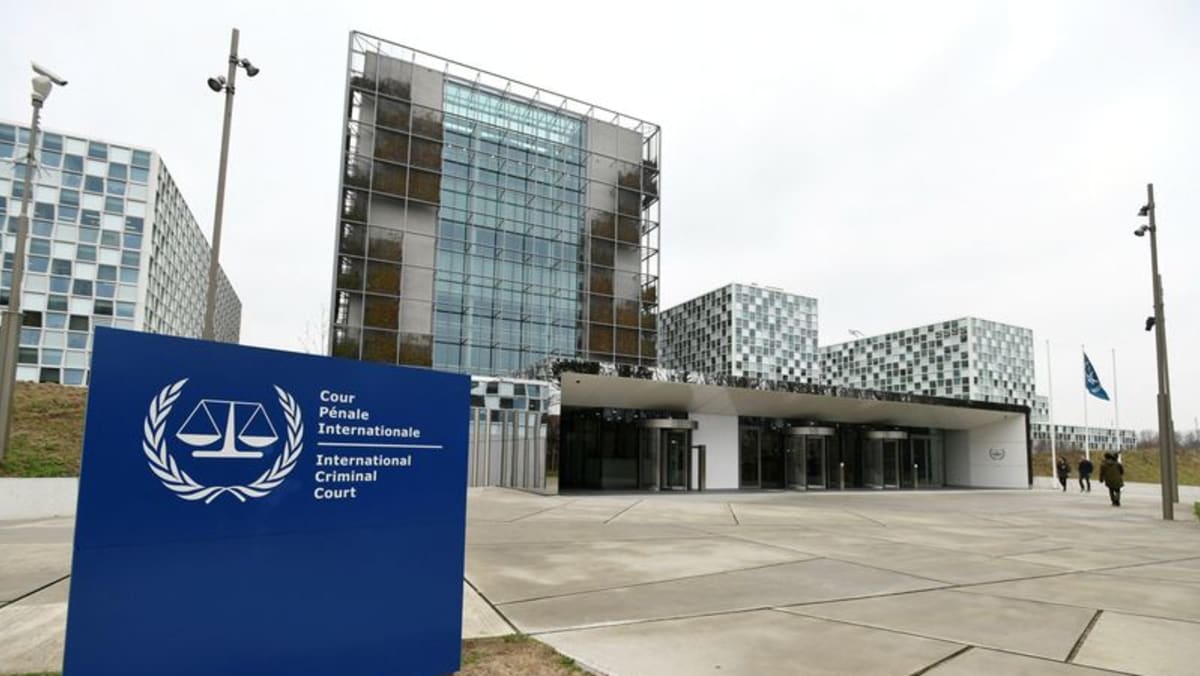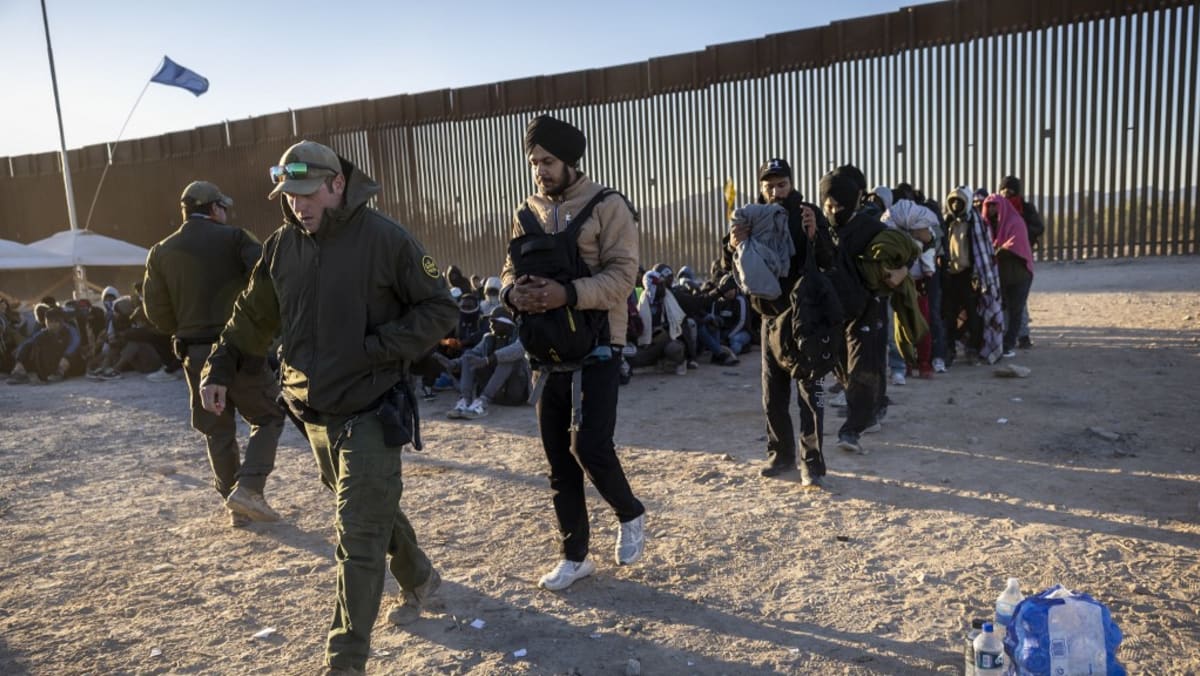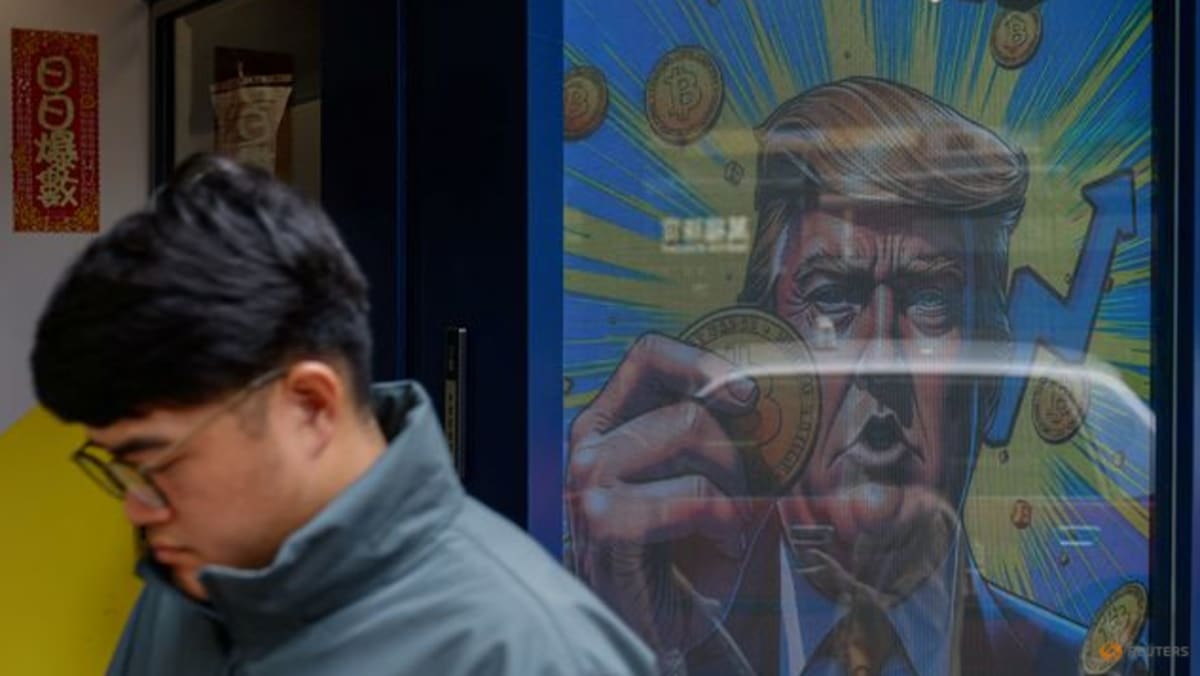MANILA: The Philippines has signalled a softened stance towards an International Criminal Court (ICC) investigation into thousands of killings in a “war on drugs”, a probe activists hope will see popular ex-president Rodrigo Duterte face charges of crimes against humanity.
The “war on drugs” was the signature campaign policy that swept Duterte to power in 2016 as a maverick, crime-busting mayor, who delivered on promises he made during vitriolic speeches to kill thousands of narcotics dealers.
The firebrand Duterte unilaterally withdrew the Philippines from the ICC’s founding treaty in 2019 when it started looking into allegations of systematic extrajudicial killings, and the Philippines has until recently refused to cooperate with the ICC investigation, which it announced in 2023.
“We will talk to them soon in a very well-defined manner, in the spirit of comity. Some people are trying to bridge the divide to bring us together, so we can sit at one table,” Justice Secretary Jesus Crispin Remulla said in an interview.
“There are certain areas we can cooperate”, he told Reuters, stressing that “lines have to be drawn properly”.
Remulla’s remarks suggest a marked shift from the government’s previous hardline stance against the ICC, which it had insisted has no jurisdiction to investigate. The ICC, a court of last resort, says alleged crimes committed prior to a member’s withdrawal are within its scope.
Remulla said cooperation with an international tribunal remains permissible under Philippine law, adding ICC representatives “have been going in and out of the country without us raising anything”.
“I know that, as anecdotally from people I know from the human rights community, they’ve been in contact here,” he added.
SLUMLAND KILLINGS
According to police, 6,200 suspects were killed during anti-drug operations that they say ended in shootouts. But activists say the real toll of the crackdown was far greater, with thousands of slumland drug users, many of whom were included on official “watch lists”, killed in mysterious circumstances.
Police deny involvement in those killings and reject allegations from rights groups of systematic executions and cover-ups.
Duterte, 79, has been unapologetic in his defence of his campaign and says he told police to kill only in self-defence.
In a November congressional hearing he urged the ICC to “hurry up” on its probe, adding “if I go to hell, so be it”.
In response, President Ferdinand Marcos Jr said his government would not block the ICC if Duterte wished to be investigated, adding the government would be obliged to comply with any international arrest warrant related to the drugs war.
If indicted, Duterte could become the first Asian former head of state to go on trial at the ICC.
Asked about the possibility of the Philippines rejoining the ICC, Justice Secretary Remulla said it was “another question”.
“We are starting to explore the limits of non-membership to the ICC and the extent of crimes committed prior to the withdrawal,” Remulla said, suggesting the country was open to limited cooperation with the court.
The ICC has said it does not comment on its investigations.
The Philippines has its own probe into the drug killings but has made little progress, despite what activists say is substantial evidence of a litany of abuses by state officials.
Remulla said the ICC’s work could help advance the Philippines’ own investigations.
“We have to admit the shortcomings that are there,” he said. “We always want to do justice for everyone.”
